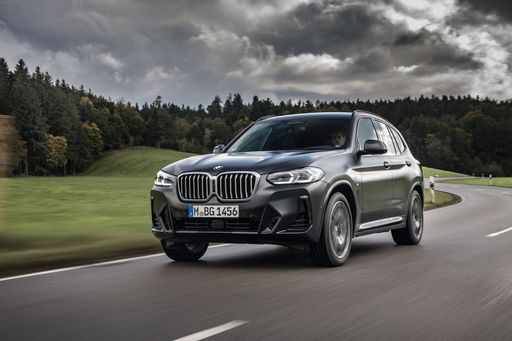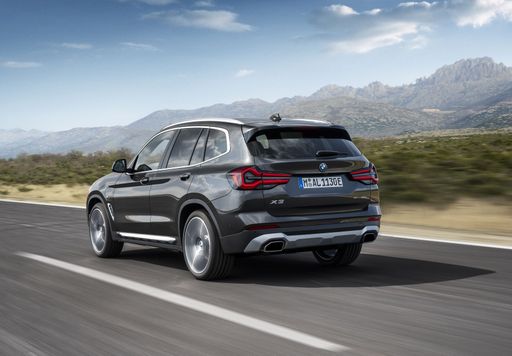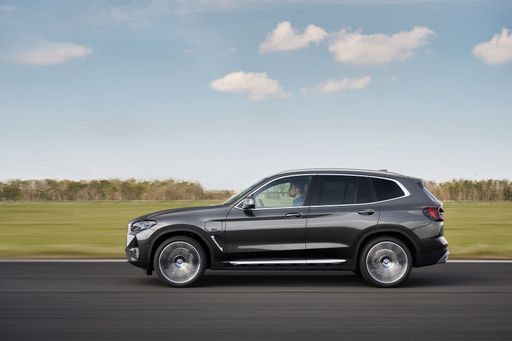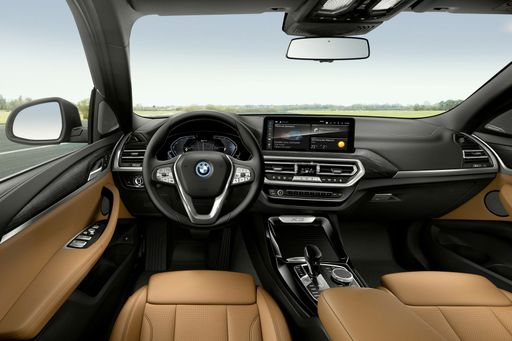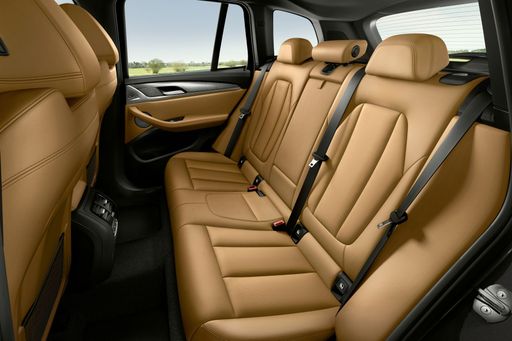A Clash of SUVs: BMW X3 vs. VW Tiguan
In the competitive landscape of compact SUVs, the BMW X3 and VW Tiguan stand as two compelling options, each boasting unique attributes aimed at distinct customer preferences. As consumers become increasingly discerning, the choice between performance, technology, and versatility becomes crucial. This article delves into a detailed comparison of these two titans, exploring their technical aspects and innovative features.


